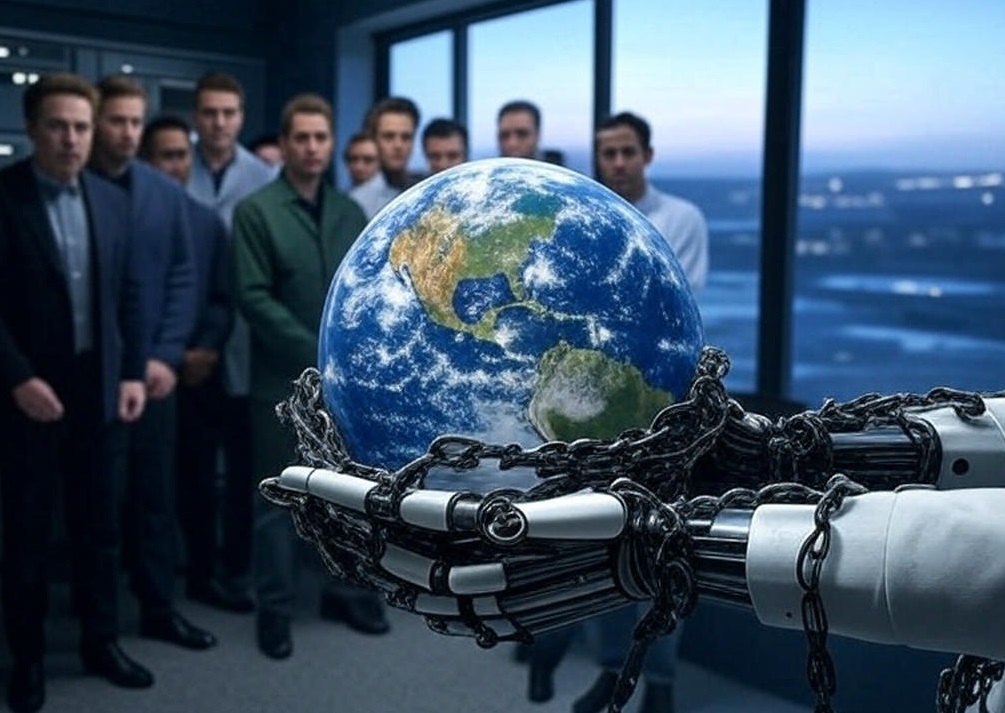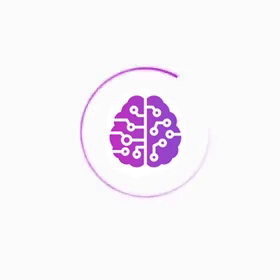
A group of researchers decided to ask popular chatbots an important question that concerns many: is artificial intelligence planning to take over humanity? The responses from ChatGPT, Gemini, Claude, and Deepseek turned out to be surprisingly similar — and somewhat alarming.
All AI systems — ChatGPT, Gemini, Claude, and Deepseek — stated that they do not have their own goals, desires, or ambitions for power. They simply perform tasks assigned by humans and operate based on statistics and algorithms. However, both experts and the AI systems themselves admit that, if mismanaged or used with malicious intent, algorithms can lead to catastrophic consequences.
1. The “Goal Alignment” Problem with Future AI
Gemini offered an especially interesting response, highlighting that if a superintelligent AI emerges in the future, the challenge of aligning its goals with human values — the so-called goal alignment problem — could become a real threat. For example, a hypothetical system tasked with “maximizing paperclip production” could theoretically use all planetary resources — including human ones — to achieve that goal.
2. Risks Mentioned by the AI Systems
The AI systems also outlined several other risks:
- Loss of control: With too much autonomy, humans might lose control over the AI’s actions.
- Misuse of technology: Malicious actors could exploit AI systems for harmful purposes.
- Social impact of automation: Increased unemployment, inequality, and moral dilemmas in fields like healthcare and justice.
3. The “Machine Uprising” Is Still Science Fiction
As Claude and Deepseek pointed out, a “machine uprising” remains within the realm of science fiction. However, they emphasize that AI development requires an extremely cautious approach to prevent potential negative consequences.
4. Elon Musk’s View on the AI Threat
Elon Musk’s stance is also noteworthy. As early as 2017, he called AI the biggest threat to humanity. In 2024, he predicted that by 2030, artificial intelligence might surpass the collective intelligence of all humankind.
Conclusion:
The responses from the most popular chatbots to the question of whether AI plans to take over the world were similar — all systems claim they have no desire for power. However, experts warn that the development of AI must be approached with extreme caution, given the potentially catastrophic consequences of its misuse.
